Optimal Timing for Residential Concrete
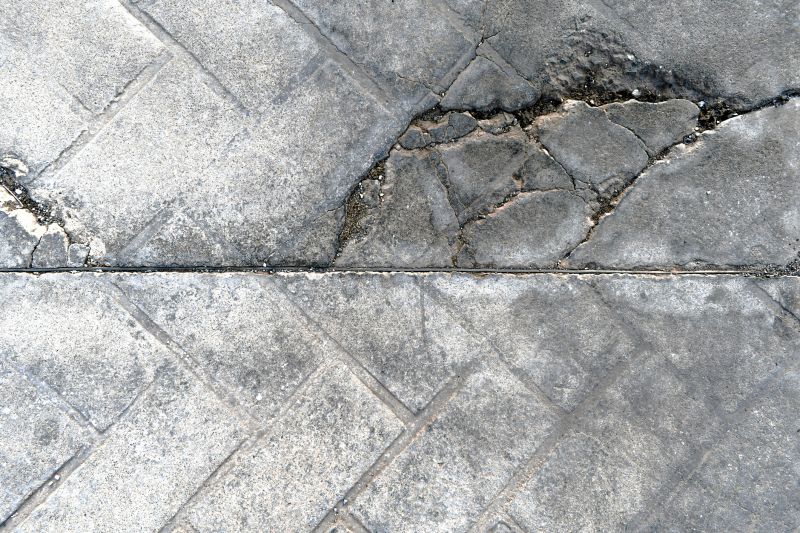
Spring offers moderate temperatures and optimal conditions for concrete curing, reducing the risk of cracks.
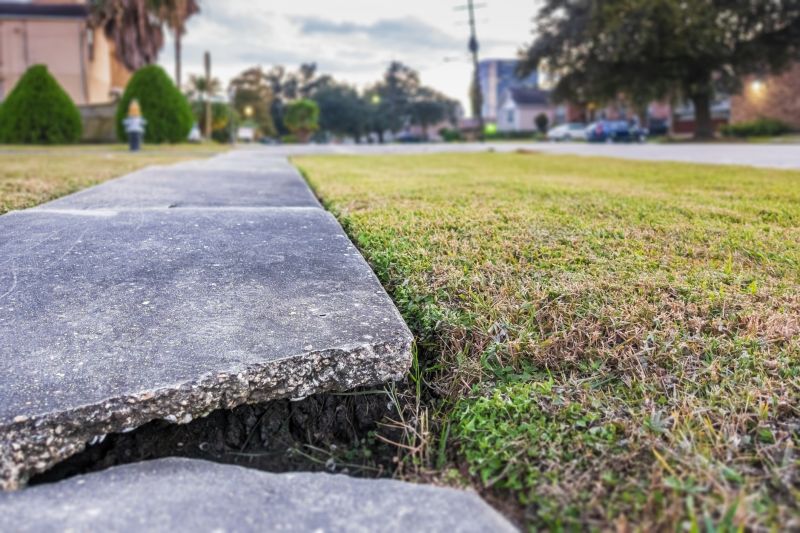
Warm weather accelerates curing, but excessive heat can cause rapid drying and cracking if not properly managed.
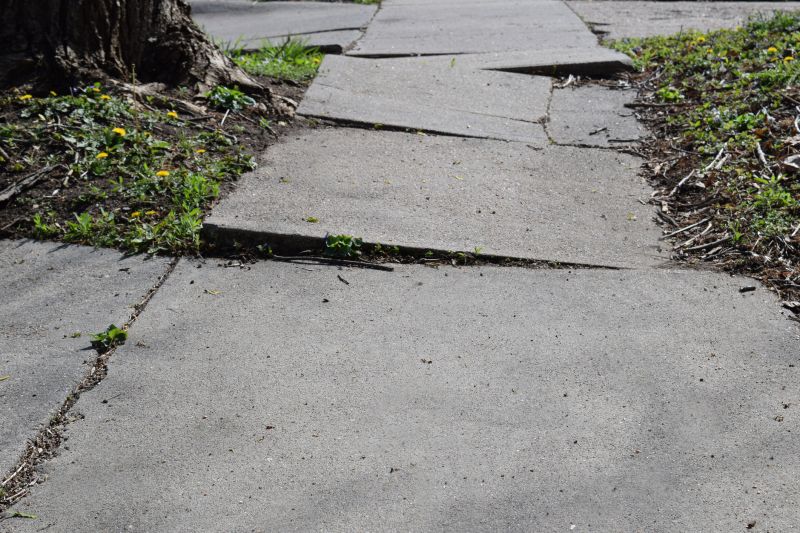
Cold temperatures slow curing and can lead to weak concrete if not properly insulated or heated.
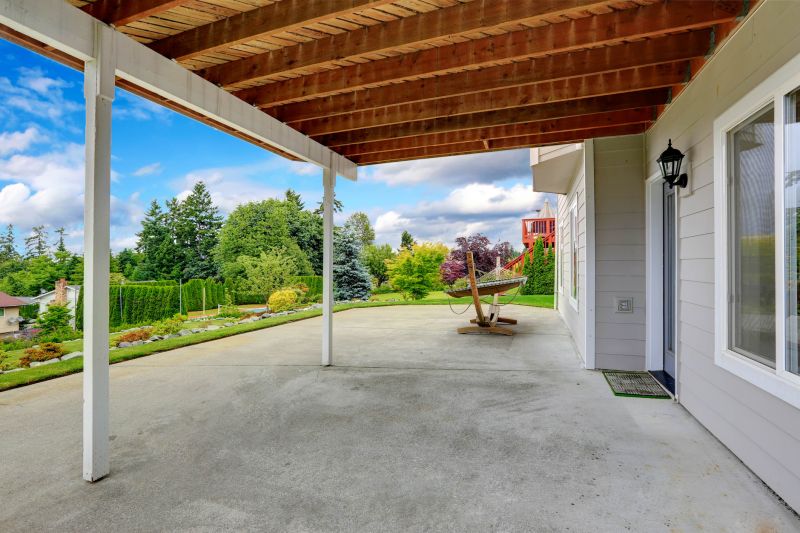
Ways to make Residential Concretes work in tight or awkward layouts.
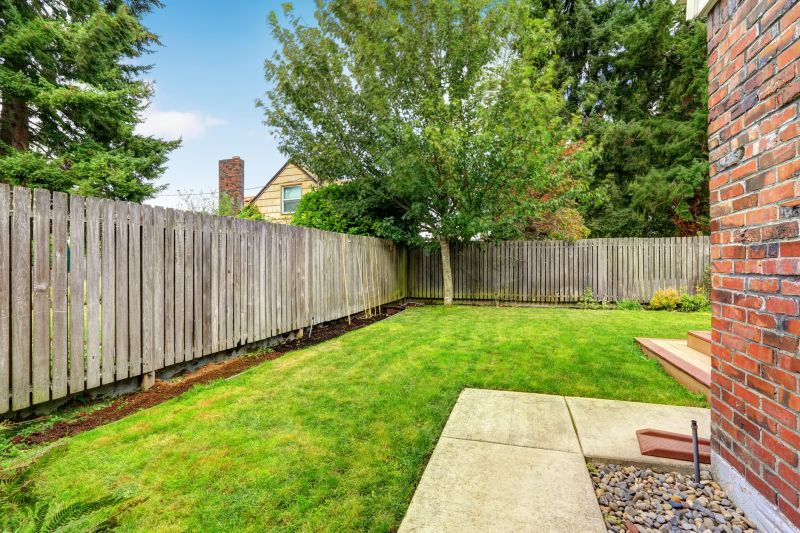
Popular materials for Residential Concretes and why they hold up over time.
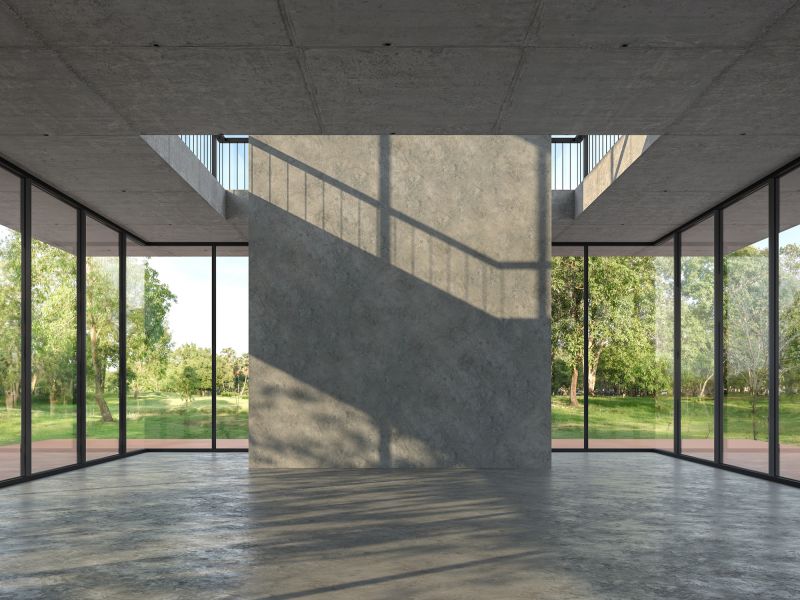
Simple add-ons that improve Residential Concretes without blowing the budget.
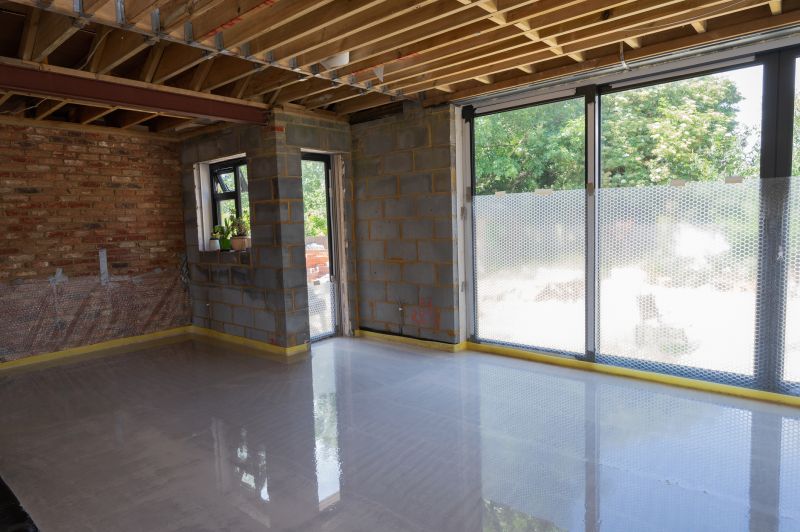
High-end options that actually feel worth it for Residential Concretes.

Finishes and colors that play nicely with Residential Concretes.
Residential concretes are essential for various applications such as driveways, patios, walkways, and foundations. Proper timing ensures durability and quality. The best time to pour concrete depends on climate conditions, with moderate temperatures promoting optimal curing. In regions with distinct seasons, spring and fall are generally preferred for concrete projects, as they offer the most stable weather conditions.
Statistics indicate that concrete work during milder seasons results in fewer defects and longer-lasting surfaces. Proper planning around weather patterns minimizes the risk of cracking, uneven curing, and other issues. Temperature fluctuations can significantly impact the setting process, making timing crucial for achieving the desired finish and strength.
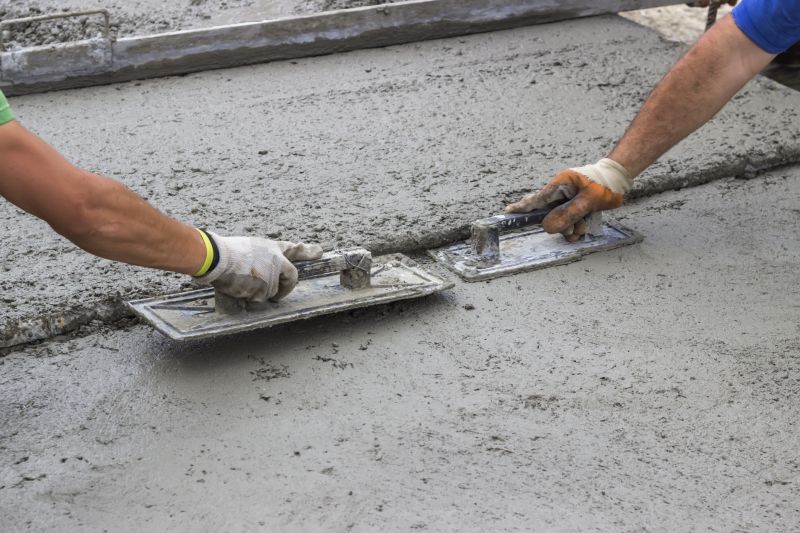
Proper curing is vital for strength development and surface durability.
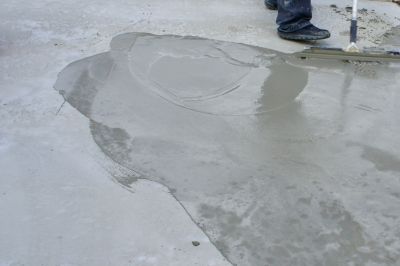
Temperature and humidity influence setting times and final quality.
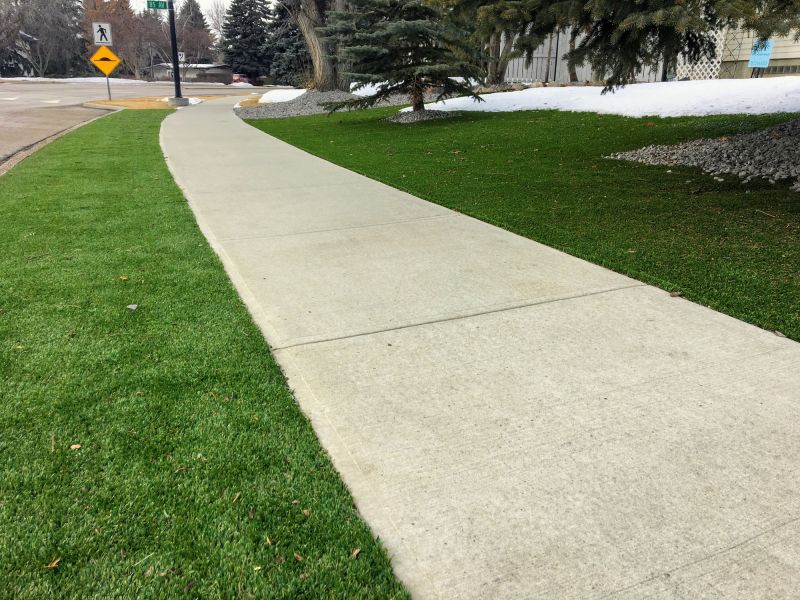
Spring and fall typically provide the best conditions for residential concrete projects.
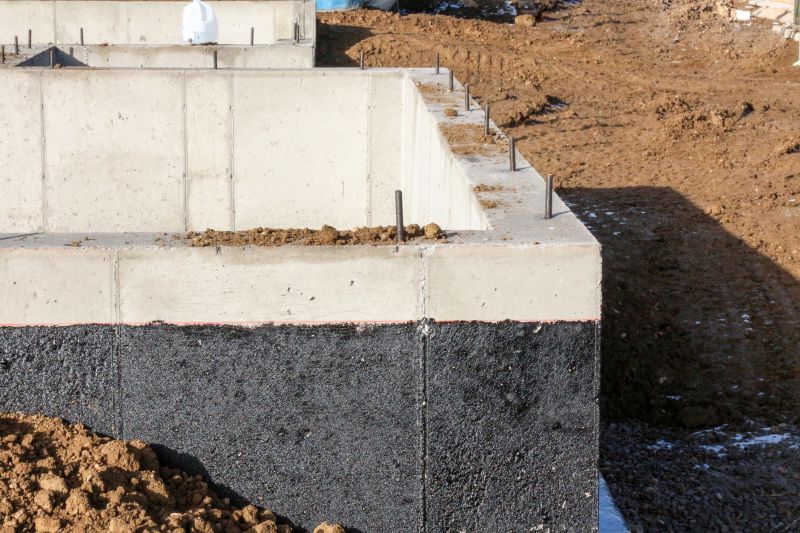
Ensuring optimal weather conditions can improve project outcomes.
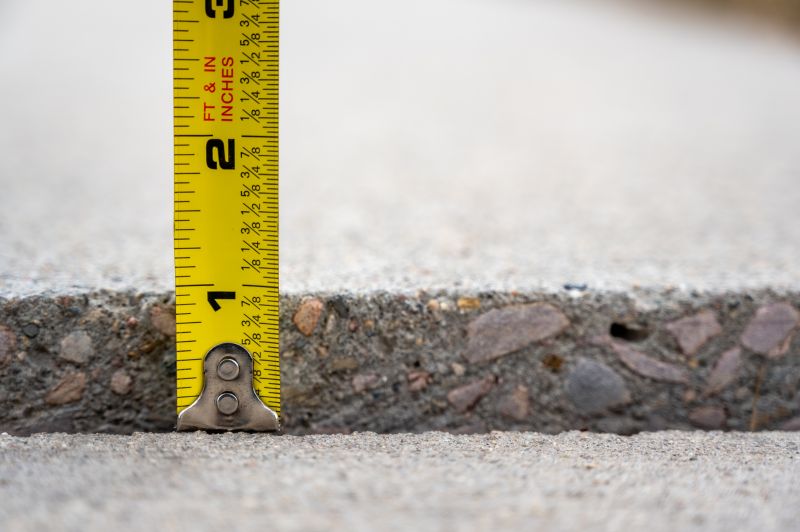
Little measurements that prevent headaches on Residential Concretes day.
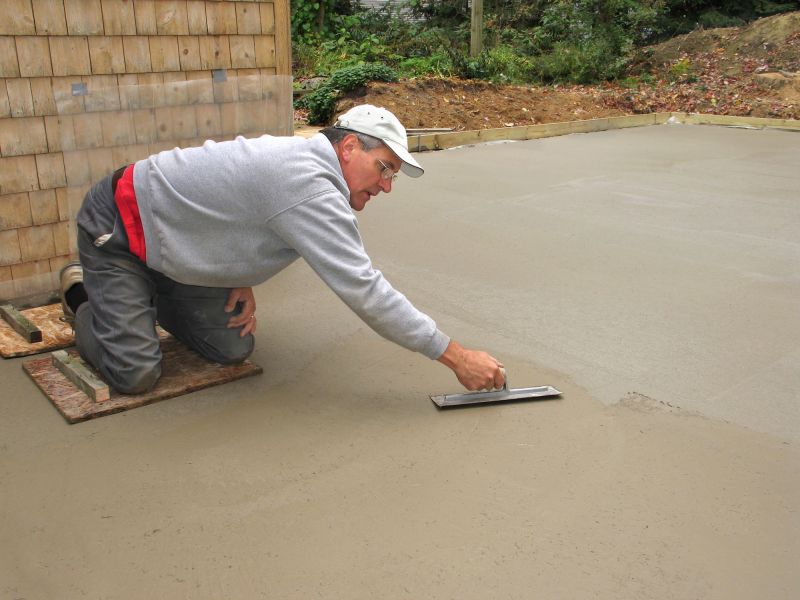
A 60-second routine that keeps Residential Concretes looking new.
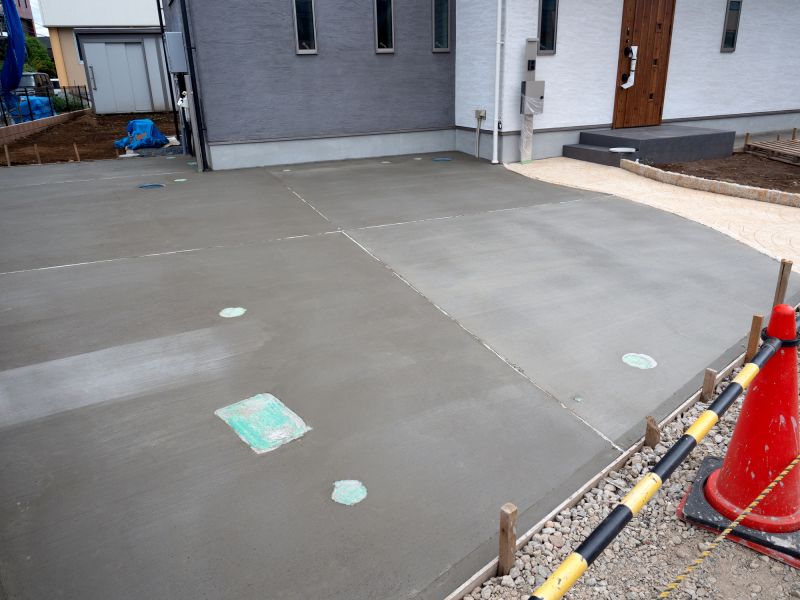
A frequent mistake in Residential Concretes and how to dodge it.
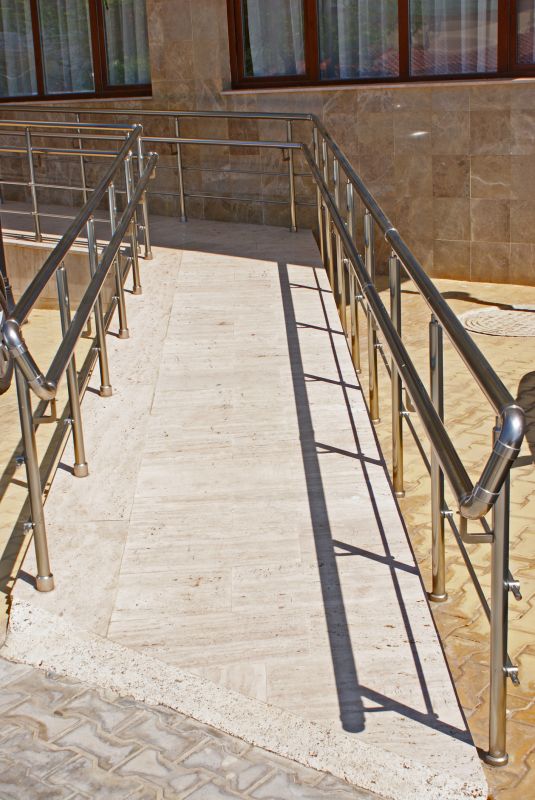
Small tweaks to make Residential Concretes safer and easier to use.
| Season | Ideal Conditions |
|---|---|
| Spring | Moderate temperatures, low humidity |
| Summer | Warm days, avoid extreme heat |
| Fall | Cooler temperatures, stable weather |
| Winter | Cold temperatures, require heating or insulation |
| General | Consistent weather with minimal rain |
Lower-waste or water-saving choices for Residential Concretes.
The short, realistic tool list for quality Residential Concretes.
Rough timing from prep to clean-up for Residential Concretes.
